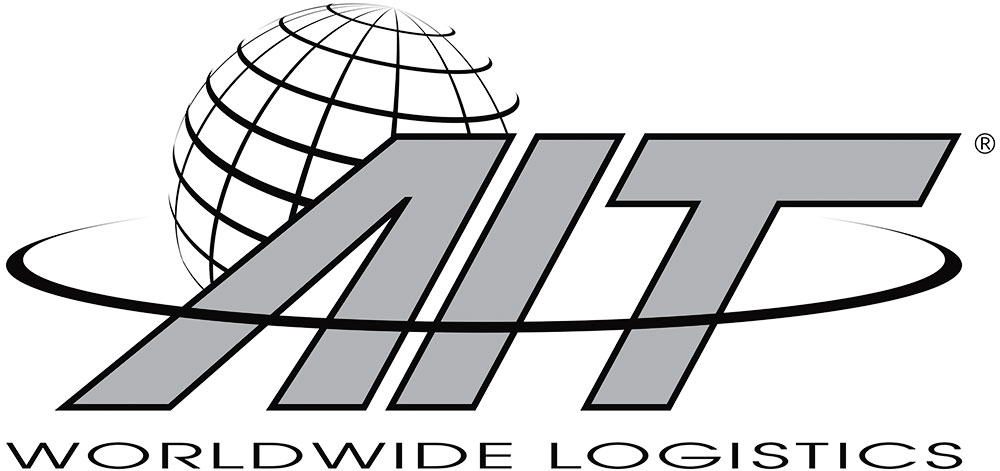Working with dry ice exposes workers to risks. With regard to this, with this training you ensure good employment practices and comply with health and safety obligations (Article 5 of the Occupational Health and Safety Act and the RI&E).
For whom.
The e-learning is suitable for any employee working with dry ice.
What do you learn?
Topics covered include:
- Applications of dry ice
- Dangers of dry ice
- Personal protective equipment
- Safe transportation of dry ice
- Storage of dry ice
- Regulation
Practical Information
- Duration: one to two hours
- Price: €50,- excl. btw
- Provides course materials: interactive e-learning provided with images
- Also available in English



















